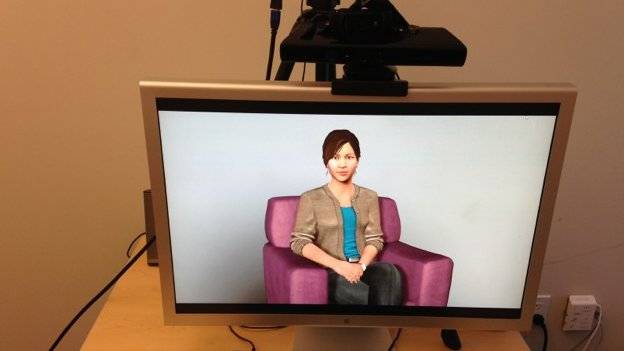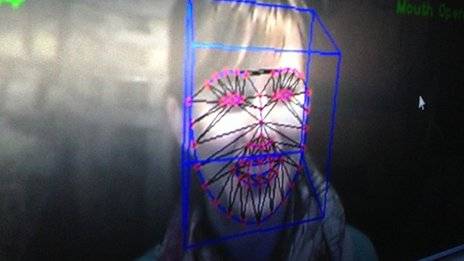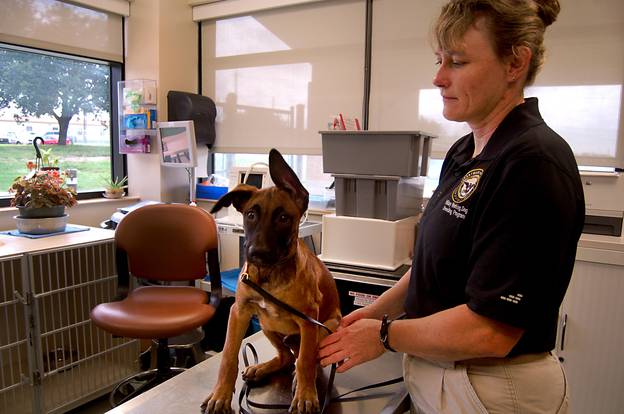By Steve Wood - (Cherry Hill, N.J.) Courier-Post
Posted : Tuesday Nov 13, 2012 9:16:54 EST
The medals are encased, the uniforms are tucked away.
Only after returning home to a heros welcome, to the residence of all reminiscence while in Iraq or Afghanistan, do many veterans retreat, recoiling from the touch of spouses, the support of fellow soldiers.
An estimated one in five veterans deployed to Iraq or Afghanistan since 2001 has or will develop post-traumatic stress disorder or major depression.
What these service men and women need is a service dog, said Debra Schaser, founder of Canine Hearing Companions in Vineland, N.J.
They make them feel more secure to go out, said Schaser, who has been training service dogs since 1993. Many of them are afraid to go, and having a dog makes them feel better.
Read more @ Trained dogs help veterans suffering from PTSD - Military News | News From Afghanistan, Iraq And Around The World - Military Times
I think we often fail to realize just how much a canine friend can help one in times of stress.
Posted : Tuesday Nov 13, 2012 9:16:54 EST
The medals are encased, the uniforms are tucked away.
Only after returning home to a heros welcome, to the residence of all reminiscence while in Iraq or Afghanistan, do many veterans retreat, recoiling from the touch of spouses, the support of fellow soldiers.
An estimated one in five veterans deployed to Iraq or Afghanistan since 2001 has or will develop post-traumatic stress disorder or major depression.
What these service men and women need is a service dog, said Debra Schaser, founder of Canine Hearing Companions in Vineland, N.J.
They make them feel more secure to go out, said Schaser, who has been training service dogs since 1993. Many of them are afraid to go, and having a dog makes them feel better.
Read more @ Trained dogs help veterans suffering from PTSD - Military News | News From Afghanistan, Iraq And Around The World - Military Times
I think we often fail to realize just how much a canine friend can help one in times of stress.








